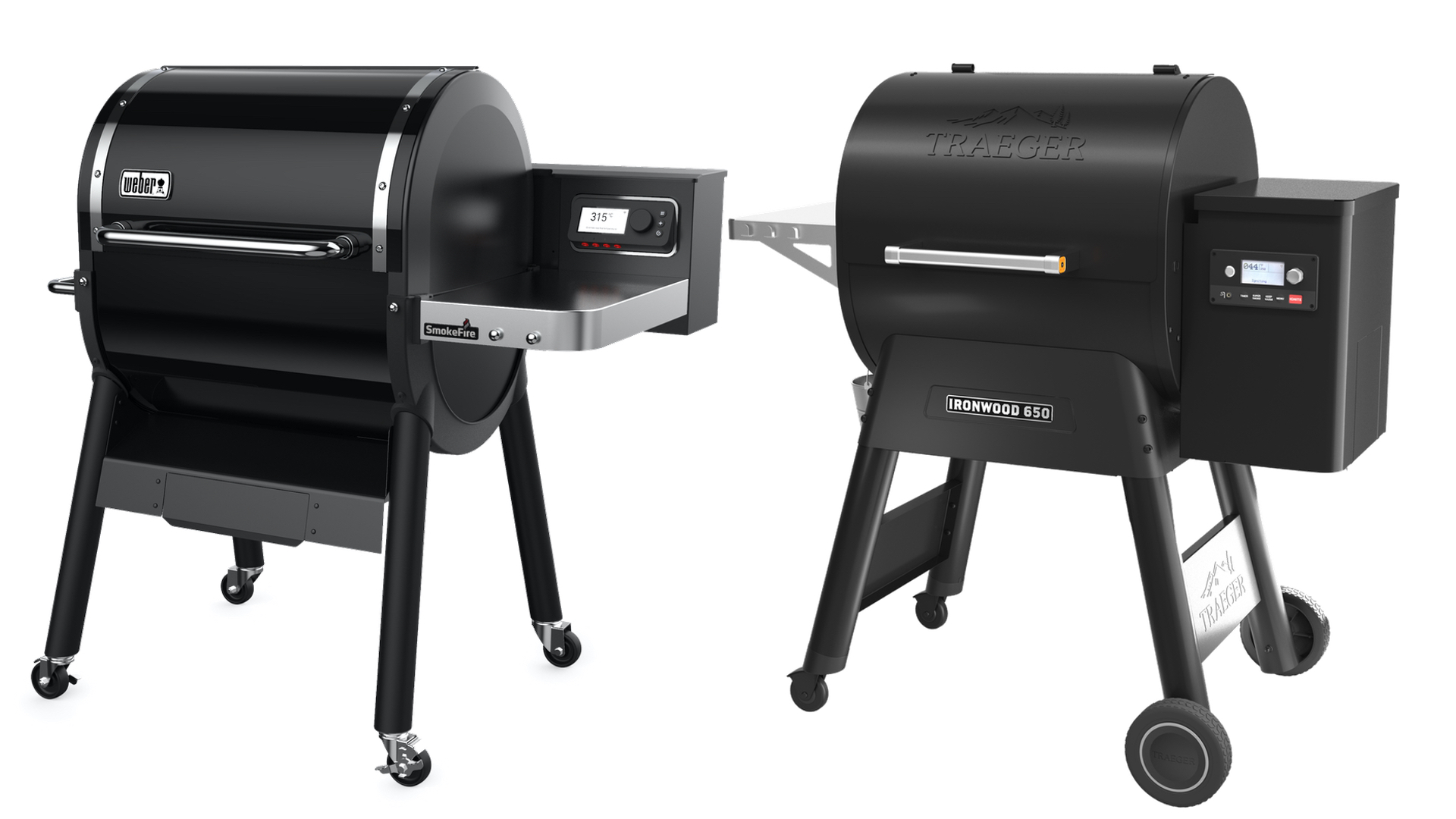

If you’ve never tried a pellet grill-cum-smoker you need to jump on the bandwagon immediately because, despite their higher cost, pellet grills take all the fuss and faff out of barbecuing.
Pellet grills and smokers are true set-and-forget workhorses that produce exquisite results time after time, whether it's grilling, smoking, roasting or baking. From rustling up some kebabds, sausages or burgers, through smoking fish and vegetables, and onto roasting huge chunks of meat or whole birds, wood pellet-fired systems are brilliant.
Among the pellet systems on offer in 2022, the mid-range Traeger Ironwood 650 is our new favourite pellet model in our ever-expanding guide to the best smokers. So how does it fare against the similarly-specced Smokefire EX4 from grilling supremo Weber, a pellet barbecue we rated very highly when it was launched?
Let’s find out by pitting them against each other in a pellet-powered grudge match.
Weber Smokefire EX4 vs Traeger Ironwood 650: Design and features
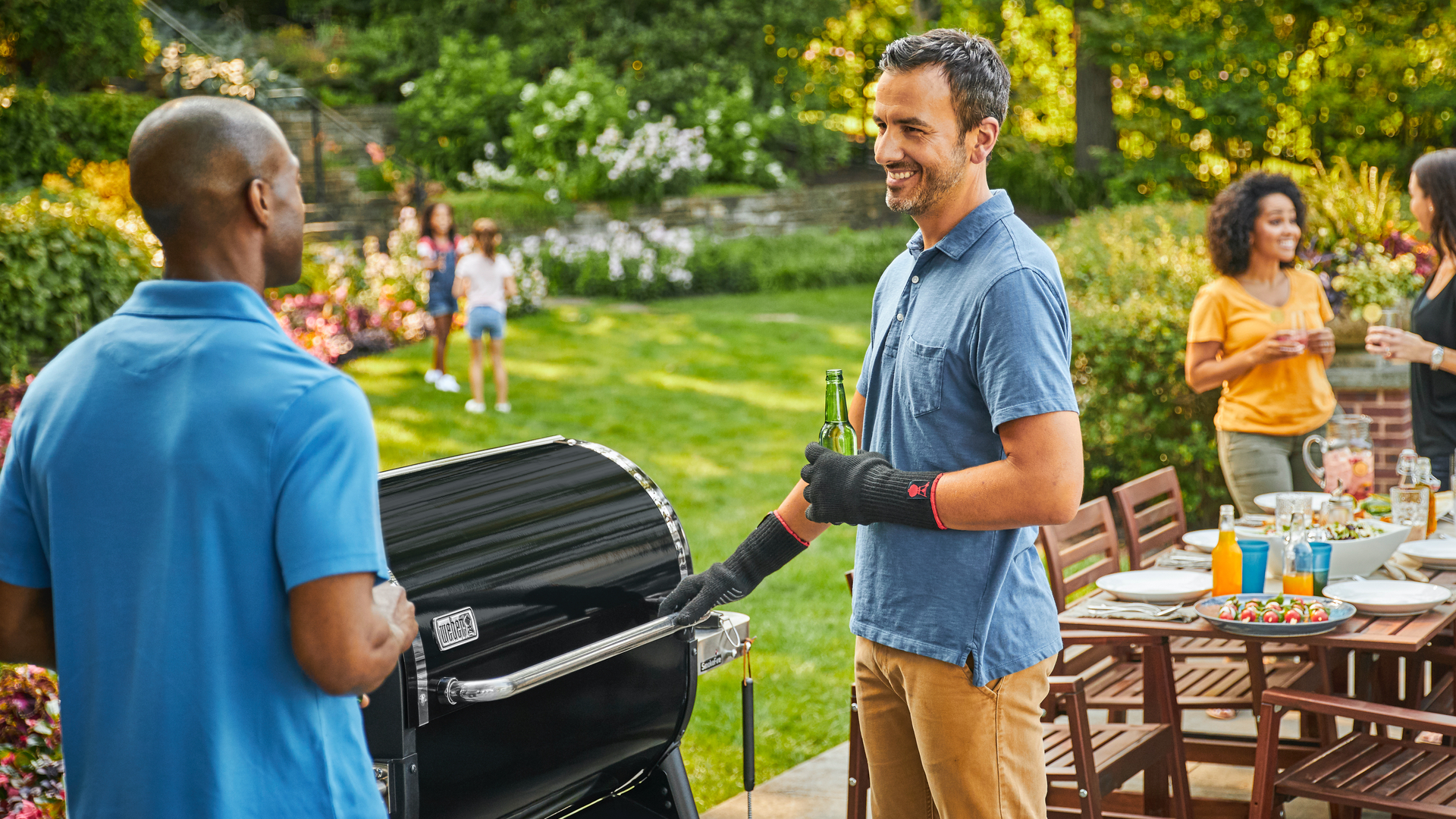
The Weber Smokefire EX4 lets you grill and smoke while drinking beer
The Weber Smokefire EX4 has already been fully reviewed by us and we love it, despite its little quirks. This pellet-guzzling barbecue is really well designed and sturdily built using top-quality materials, including lots of heavy-duty enamel-coated steel.
The Traeger Ironwood 650 is an excellent challenger in the pantheon of design because it too is stupendously well built. In fact I’d go as far to say it’s a little more sturdy, mainly because its legs are big, thick heavy things that seem strong enough to hold up a steam engine. The two big soft rubber wheels and steerable casters also make it much easier to push around than the Smokefire which is supported on four small casters that can get caught in the grooves of patio paving. Both models are mounted on immovably tough steel carts that have zero flex, but the Traeger seems a mite more rugged.
The Weber Smokefire trounces the Traeger in the grill material department. Its stainless steel grill grate is stronger and much classier looking than the Traeger’s thinner, black enamelled number. It also supports Weber’s excellent Gourmet range of grill inserts. Simply remove the centre and replace it with a griddle, Dutch oven, poultry roaster or specialised steak sear grate.
Sign up to the T3 newsletter for smarter living straight to your inbox
Get all the latest news, reviews, deals and buying guides on gorgeous tech, home and active products from the T3 experts
Both grills provide a substantial amount of meal estate for parties of six to ten, depending on the type of food being cooked. And they both have warmer racks above. The Weber wades in with a total of 662 square inches of grilling space and the Traeger counters that with a marginally smaller volume of 650 square inches. So, very little between them.
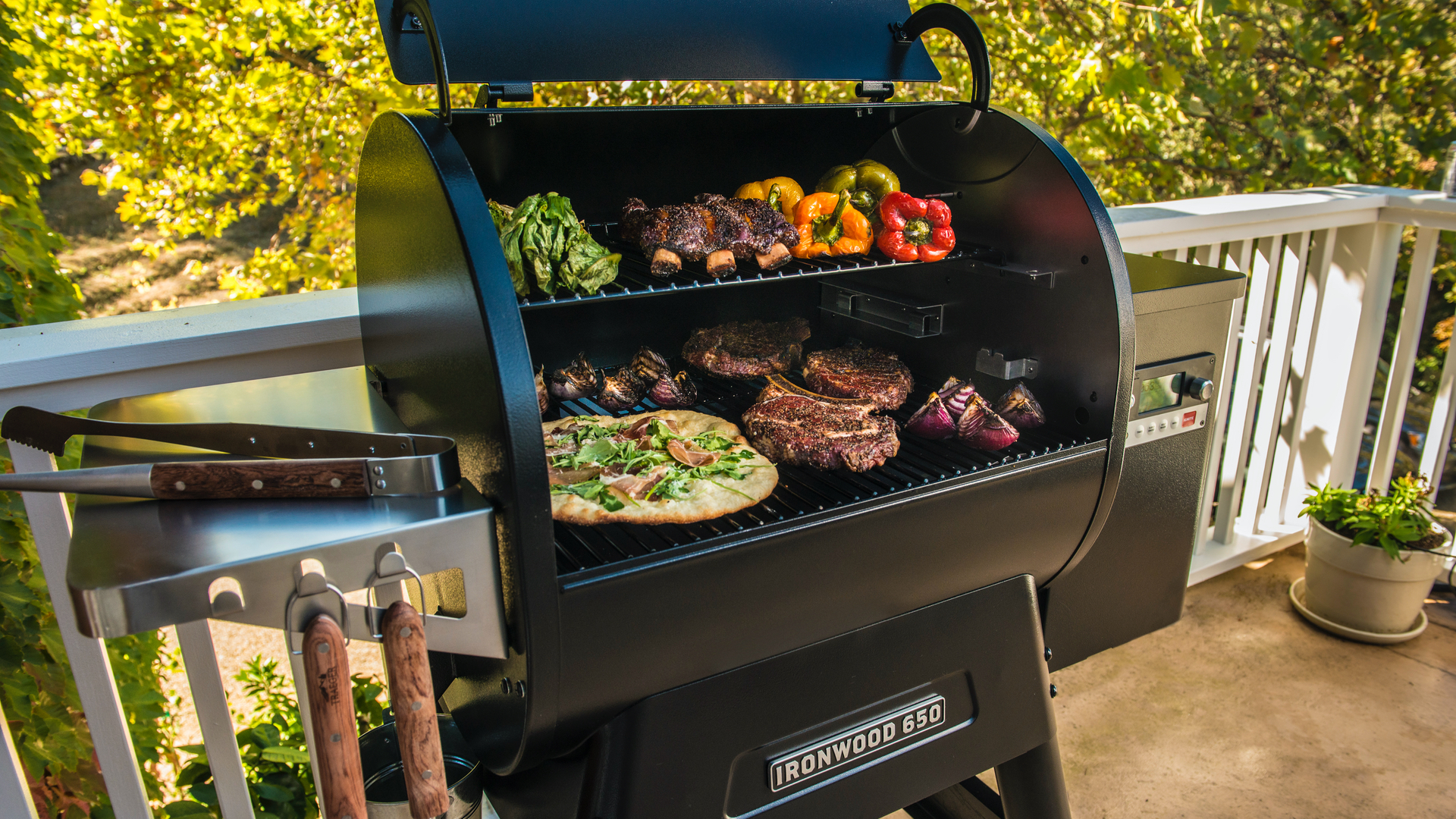
The Traeger Ironwood 650 provides acres of meal estate and smokes and grills like a Trojan
Pellet barbecues can be quite easily affected by ambient temperature so to counter this phenomenon, the Traeger Ironwood is equipped with insulated side walls and an oven style gasket on the lip of its weighty lid. We like that, a lot.
Moving to the heart of the system, both smokers are controlled by very capable onboard computer controllers that regulate the speed of the auger (the corkscrew-like thing that transports the pellets from the hopper to the fire pot) and the regularity of the fan which helps with the combustion. Both models are equipped with first-rate algorithms that monitor the internal temperature of each so that when you set a specific temperature it maintains that heat until you personally change it. All pellet barbecues use a system like this and that’s what makes them so easy to use. Like an indoor oven, the temperature remains constant within a few degrees.
The Traeger’s top end temperature is 260˚C (500˚F) but the Weber goes much higher – up to 315˚C (600˚F). This helps the Weber to sear steaks at higher temperatures so they come off the grill with that deliciously crunchy caramelised crust and moist pink centre. But more on that in the next chapter.
Hopping over to the hoppers, the Smokefire comes with a 10kg hopper and the Traeger 9kg. To be honest, that extra kilo isn’t a deal breaker in any way since both models will accept the contents of a 9kg (20lb) bag of pellets – the average size in the UK and US. Both models are also equipped with pellet sensors that let you know when the hopper’s running low. However, the Traeger goes one better by having a light in the hopper so you can see what’s going on in the dark.
It’s always safer to use a meat probe when grilling or smoking food so it’s good to know that both model are equipped with meat probe ports. The Weber Smokefire comes with four and the Traeger Ironwood has two. Both models ship with one meat probe each so you’ll just have to buy some more yourself.
Weber and Traeger provide their own brand of pellets in a wide variety of woods and they advise you always use their own respective brands. Personally I can’t tell the difference since both pellets look identical in shape and texture.
Weber Smokefire EX4 vs Traeger Ironwood 650: Steak searing
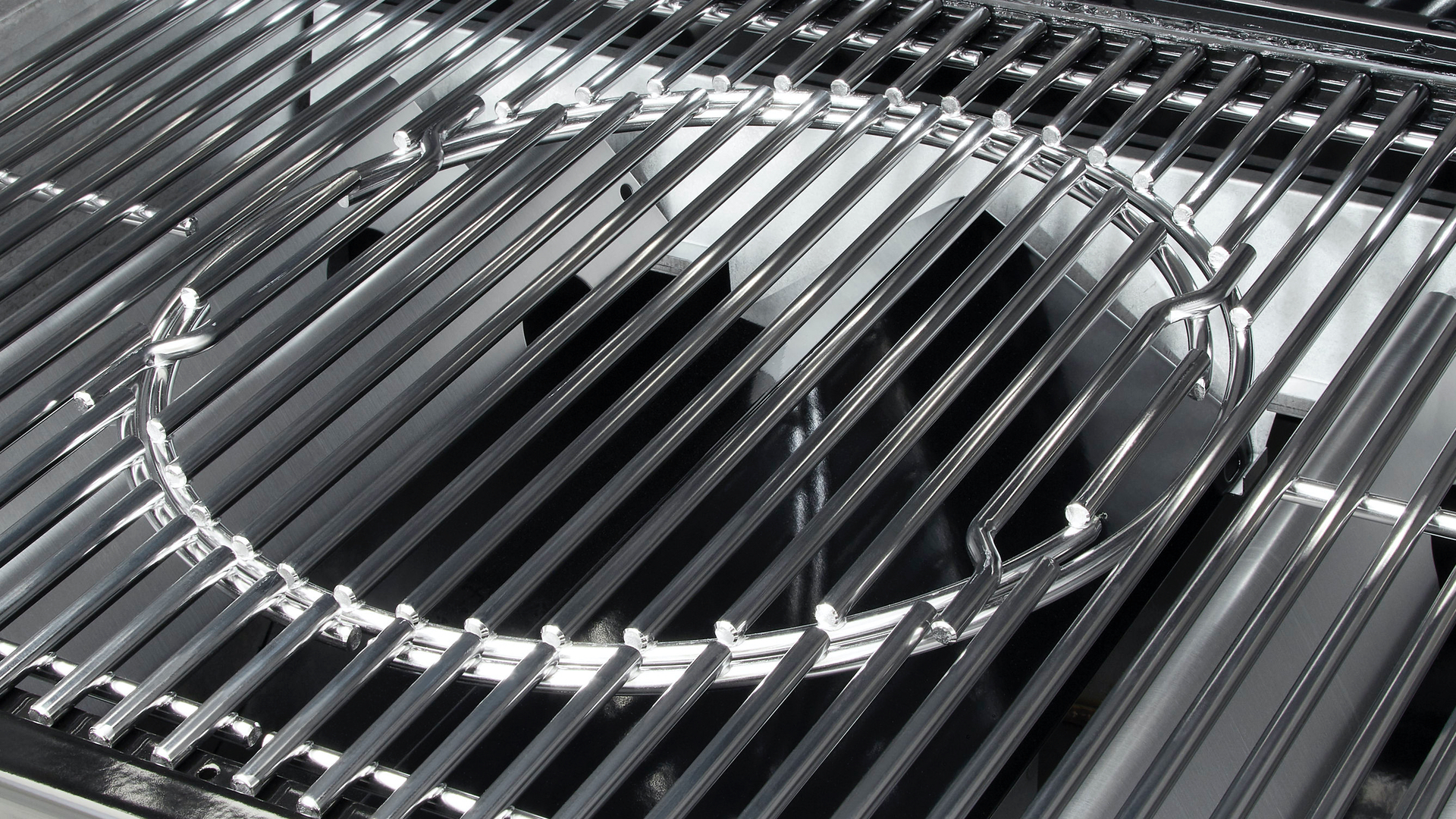
The gaps beneath the Smokefire's high-quality grate help make this smoker a top steak searer, too.
Now it’s commonly known that pellet grills aren’t great for searing steaks because, aside from their temperature limitations, the majority of pellet grills have a heat deflector plate positioned between the fire pot and the grilling grate. It’s this deflector that helps prevent flare ups. In fact, it’s almost impossible to burn food like you would on a charcoal barbie or even a gas grill.
For a properly seared steak with a caramelised outer you need tons of heat and preferably a vicious open flame, and that’s what Weber has attempted to address with the Smokefire. Hence, instead of a single sheet of angled metal to catch and dispel the hot fats dripping from the meat, the Smokefire is equipped with a row of ‘Flavorizer’ bars with spaces between each bar. This allows a naked flame to peek through from below and kiss the surface of the steaks. However, this has led to issues with some users because the surfeit of fats dripping from meat above has mixed with burnt ashes in the drainage tray where they’ve merge together to form a fatty gloop that has been known to catch fire. It’s therefore very wise to clean the Smokefire perhaps more regularly than you would other pellet grills.
To further aid the searing process, the Smokefire can also be set to reach a scorching 315˚C – or 600˚F in American speak. Needless to say, the Smokefire does indeed sear steaks remarkably well – but then so does the Traeger Ironwood if the temperature is whacked up to its maximum 260˚C and left for a few minutes before quickly opening the lid and slapping on the beef.
Weber Smokefire EX4 vs Traeger Ironwood 650: Smoking
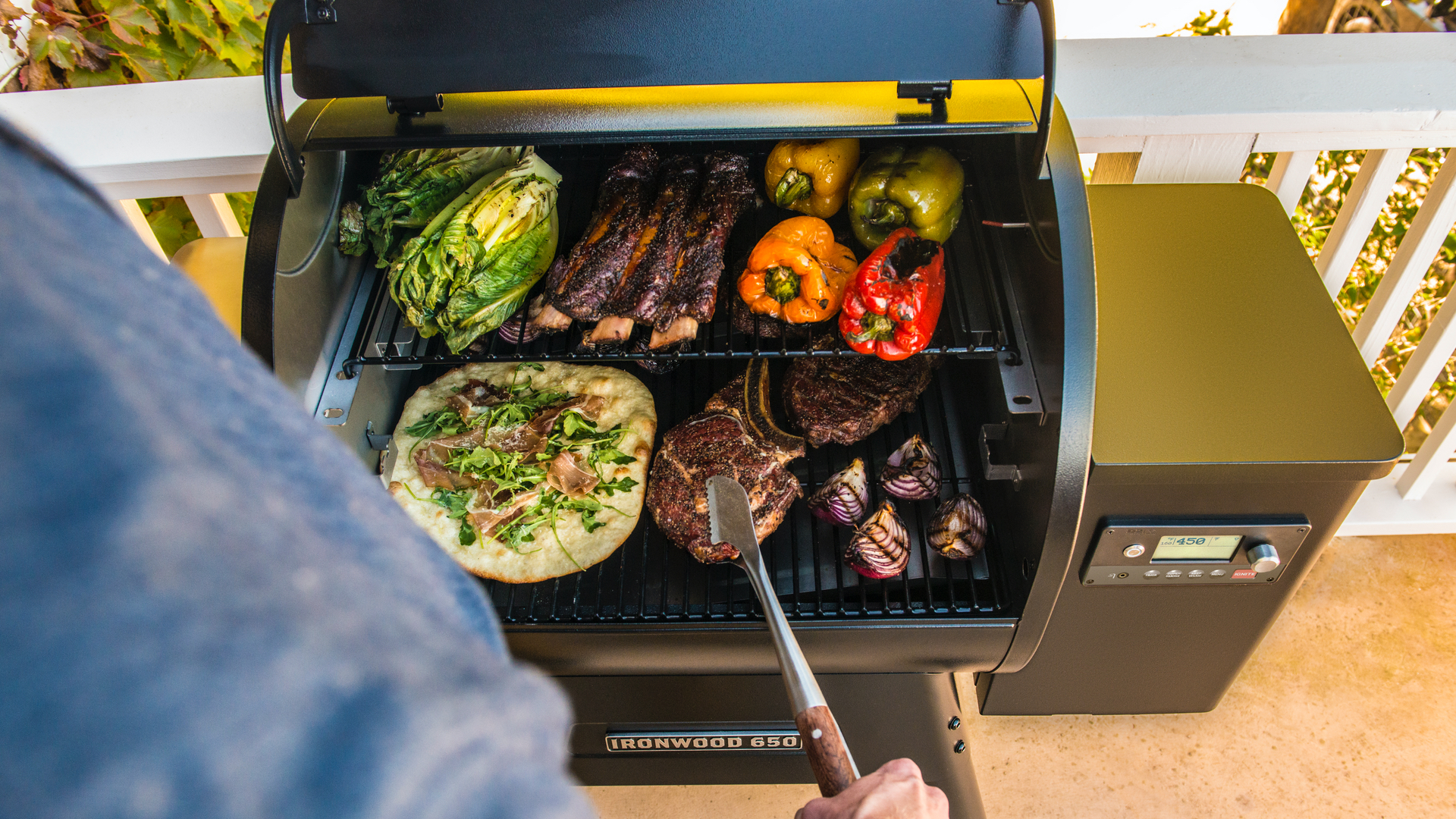
The Traeger's insulated side walls, oven gasket and Super Smoke button are key features that you'll come to appreciate
Both of these models excel at long eight-hour smoking sessions which is hardly surprising since that is what they were ostensibly designed for. Nevertheless, the Traeger goes one step further by including a specialised ‘Super Smoke’ button that operates between 73˚C and 107˚C (165˚F to 225˚F). In this mode the Ironwood produces tons of smoke for an extra deep pink smoke ring on the inner crust of brisket, ribs and the like. It also has a Keep Warm button for, er, keeping food warm.
Weber Smokefire EX4 vs Traeger Ironwood 650: Wi-fi connectivity
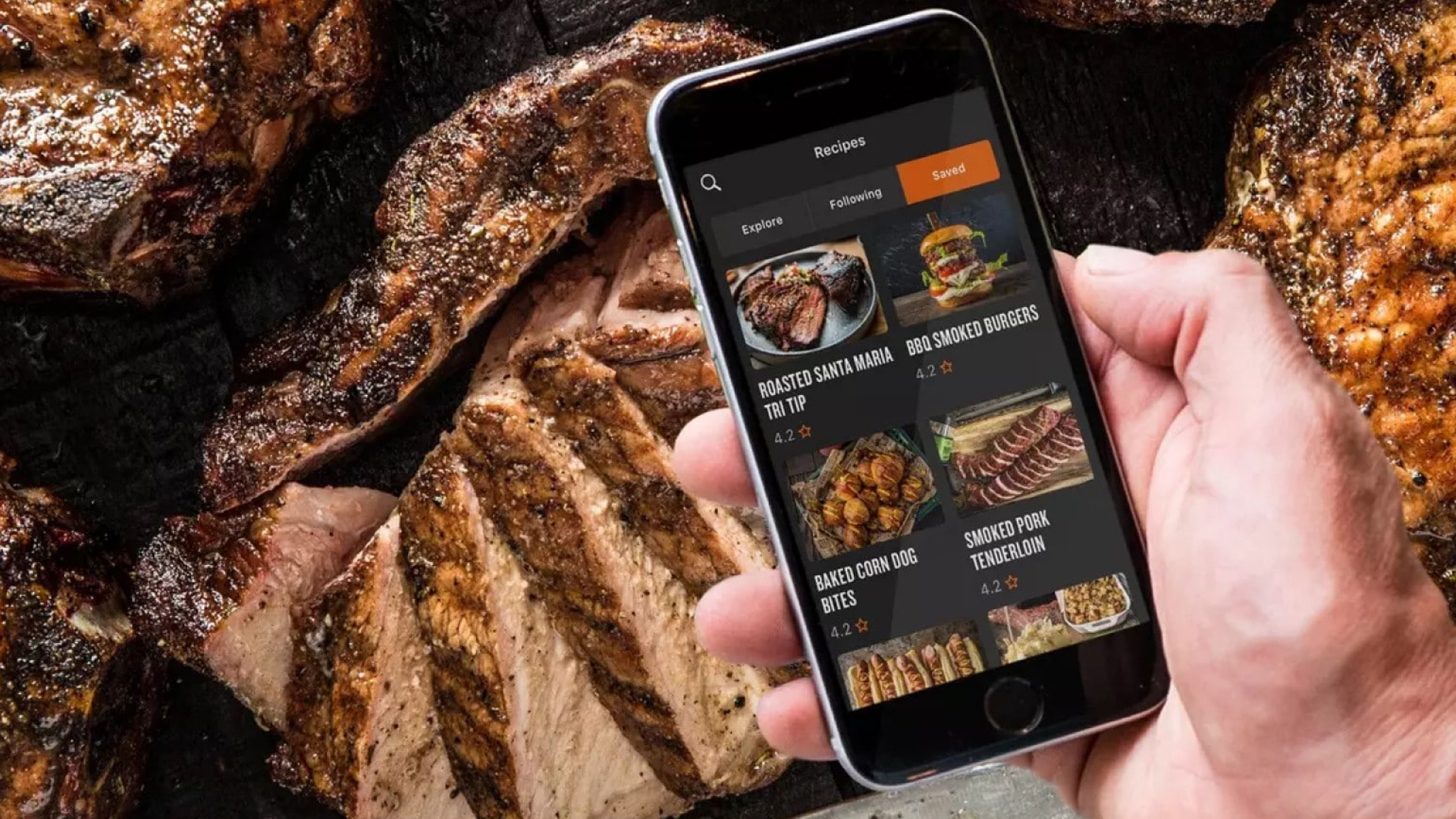
The Traeger app is a masterclass in design and function
Both models are equipped with wi-fi connectivity to their own respective apps (both iOS and Android). This means you can select a recipe and the app will notify the user when it’s time to turn the food, raise or lower the temperature and, if used with the accompanying meat probe, when the meat has reached the correct level of doneness.
When it comes to evaluating the apps, the Traeger knocks it out of the park. This is one of the most comprehensive and well designed apps in app land and it’s a joy to use. There are so many brilliant recipes on board that it’s difficult to know where to begin. By comparison, the Weber Connect app is much more basic. Yes, it too has a tranche of recipes on board but it’s just not as nice to navigate as the Traeger app.
Weber Smokefire EX4 vs Traeger Ironwood 650: Cost
There’s not much difference in price between these two patio stalwarts. The Weber Smokefire EX4 currently retails at around £1,300 in the UK and $999 in the US. Its original retail price was £1,469 but some negative online reviews of the product may have contributed to a price drop. The Traeger comes in at around £1,499 in the UK and $1,200 in the USA.
The ongoing pandemic has affected manufacturing and supply chains of thousands of products, and barbecues are no different. Normally, the barbecue industry in the UK releases its latest products in March but this year has seen a delay so hang in there if you can’t find many Webers and Traegers on the virtual shelves – they’re all slowly making their way into the stores over the coming weeks.
Weber Smokefire EX4 vs Traeger Ironwood 650: Verdict
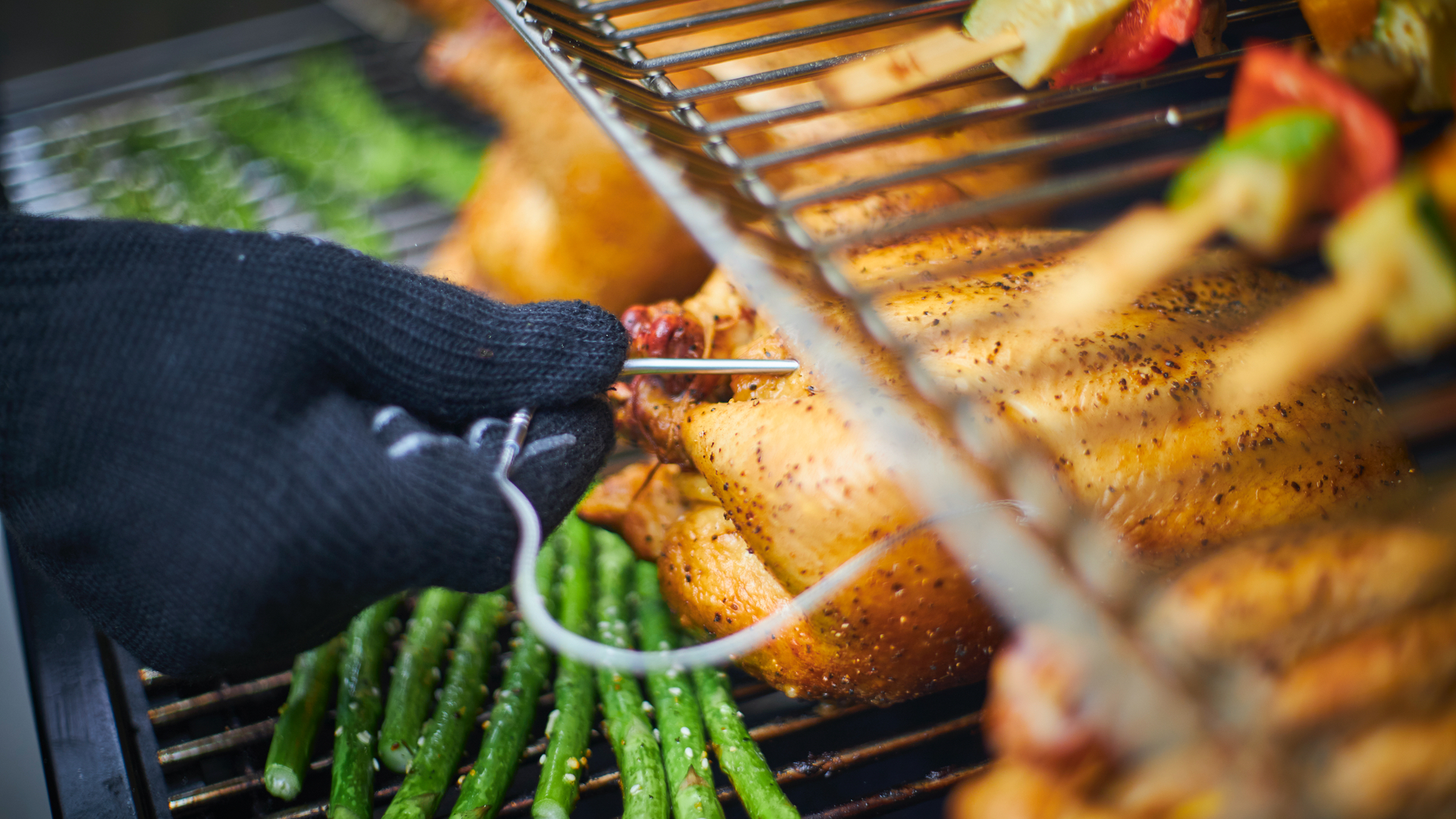
Both of these products excel in all departments though the Weber Smokefire EX4 is marginally better at searing steaks. Design wise, they are both superbly constructed from high-end materials that will last for years if looked after correctly, regularly cleaned and put under cover when not in use. But from a subjective point of view, the Traeger Ironwood 650 has become this writer’s new favourite go-to grill of choice. It’s a bit sturdier than the Weber Smokefire, it looks a bit chunkier, it comes with some tantalising features and the app is a revelation.
- These are the best gas barbecues available today
Derek (aka Delbert, Delvis, Delphinium, Delboy etc) specialises in home and outdoor wares, from coffee machines, white appliances and vacs to drones, garden gear and BBQs. He has been writing for more years than anyone can remember, starting at the legendary Time Out magazine – the original, London version – on a typewriter! He now writes for T3 between playing drums with his bandmates in Red Box (redboxmusic).
-
 3 overrated shoulder exercises, according to a fitness expert (and what to do instead)
3 overrated shoulder exercises, according to a fitness expert (and what to do instead)Sculpt 3D shoulders whilst minimising injury with these three alternative exercises
By Bryony Firth-Bernard Published
-
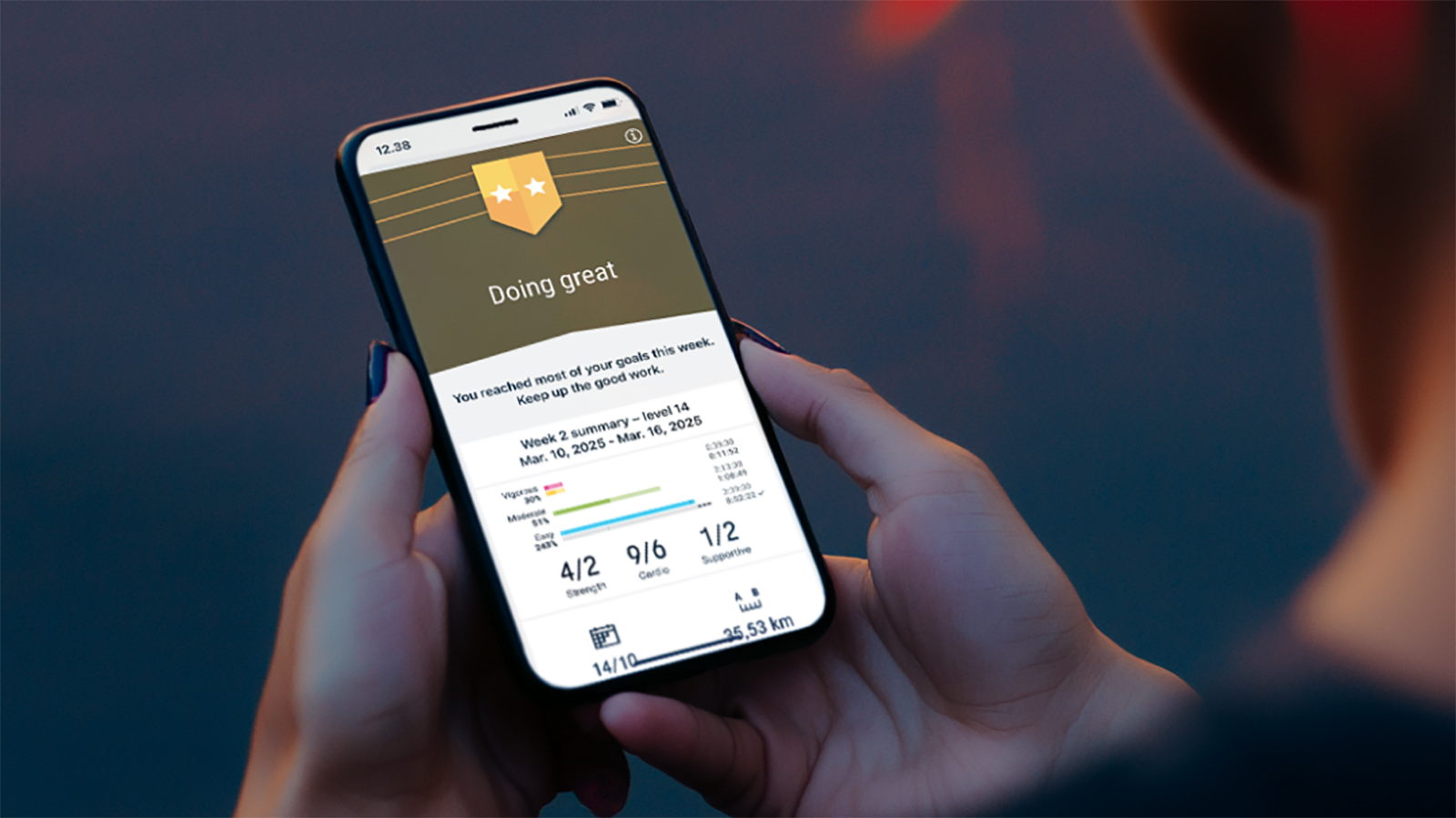 Polar’s new subscription feature lands in the shadow of Garmin’s Connect+ rollout
Polar’s new subscription feature lands in the shadow of Garmin’s Connect+ rolloutPR genius or timing disaster? Polar’s new Fitness Programme adds adaptive training to its ecosystem
By Matt Kollat Published
-
 New Matter leak reveals exciting smart garden tools heading our way – a lot sooner than expected
New Matter leak reveals exciting smart garden tools heading our way – a lot sooner than expectedThat was pretty unexpected!
By Lizzie Wilmot Published
-
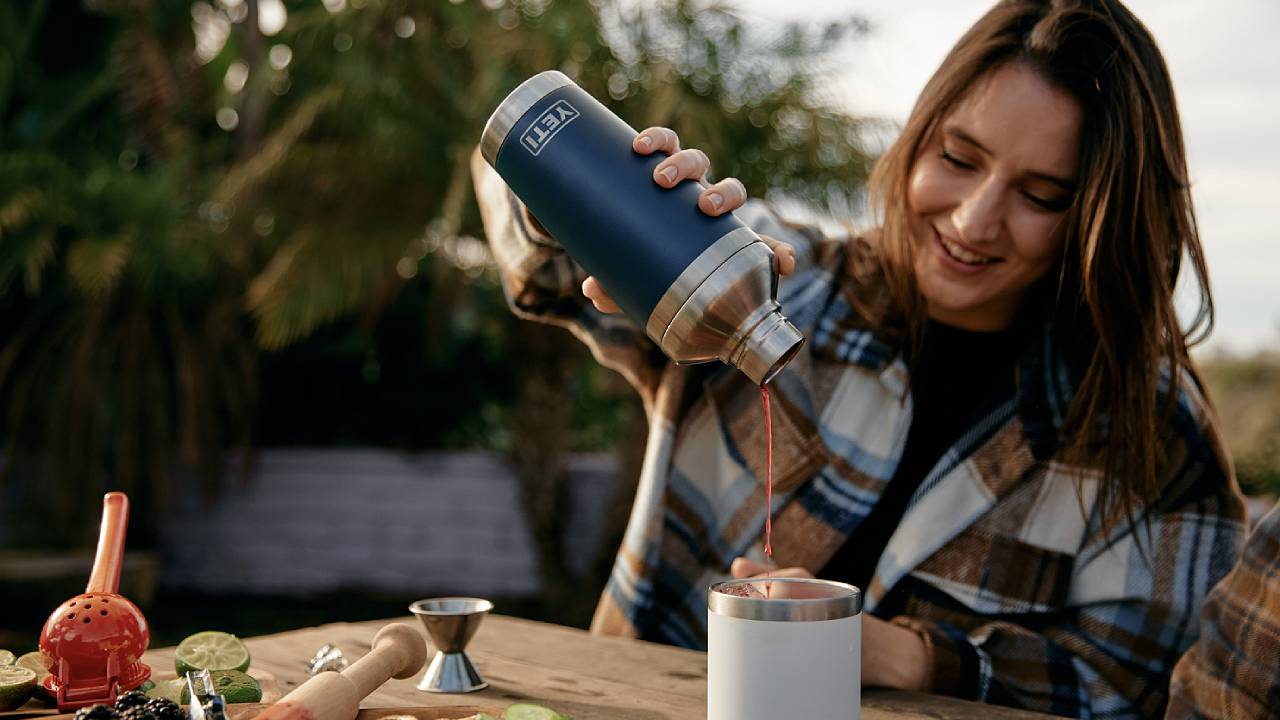 YETI launches new cocktail shaker in time for the festive season
YETI launches new cocktail shaker in time for the festive seasonYETI’s new cocktail shaker is perfect for indoor and outdoor holiday entertaining
By Bethan Girdler-Maslen Published
-
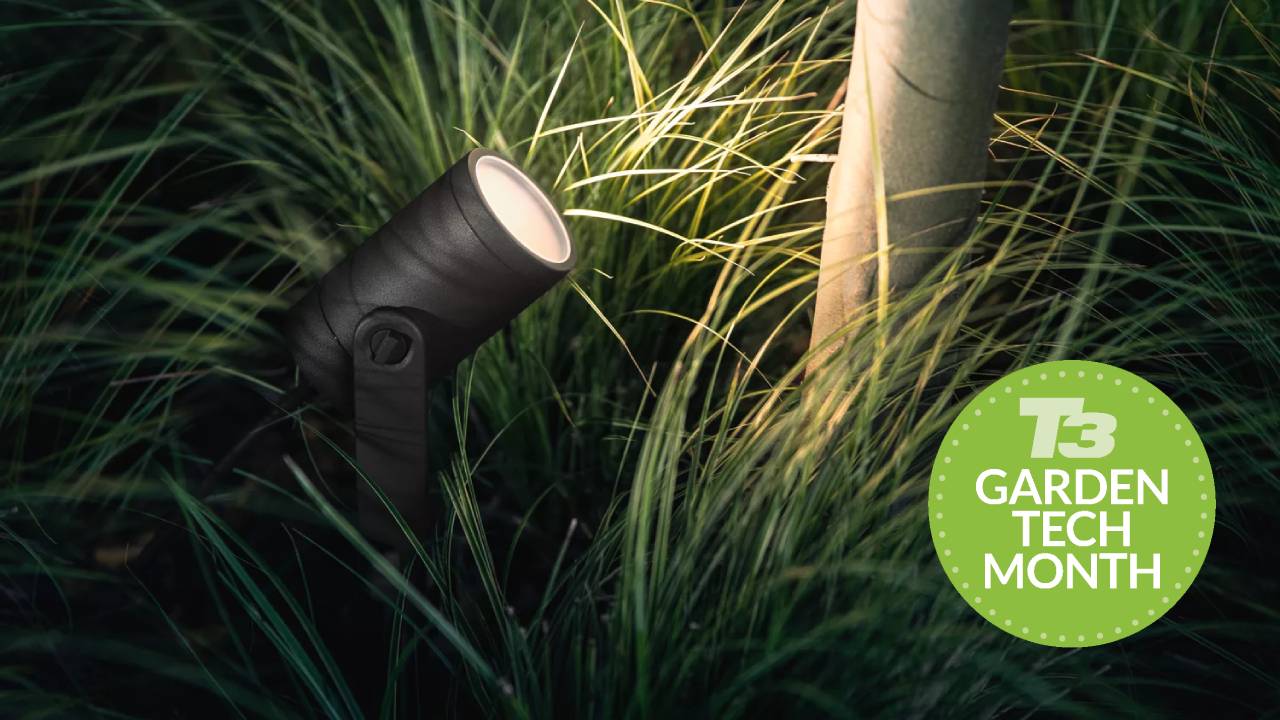 I’m a garden expert and here’s how I’d decorate with Philips Hue outdoor lights
I’m a garden expert and here’s how I’d decorate with Philips Hue outdoor lightsLight up your garden with these Philips Hue outdoor lighting ideas
By Bethan Girdler-Maslen Published
-
 This retro drinks cooler is what I'm using for garden parties this summer
This retro drinks cooler is what I'm using for garden parties this summerKeep cool and carry on with the Fieldbar Drinks Box Cooler
By Bethan Girdler-Maslen Published
-
 How to introduce smart lighting to your garden
How to introduce smart lighting to your gardenIlluminate your flowerbeds and cast pools of light onto the patio with these connected, voice-controlled lights
By Alistair Charlton Published
-
 Adding Wi-Fi to your garden is easy if you have this…
Adding Wi-Fi to your garden is easy if you have this…Boost the internet in your outdoor space with this Wi-Fi Mesh Extender
By Bethan Girdler-Maslen Published
-
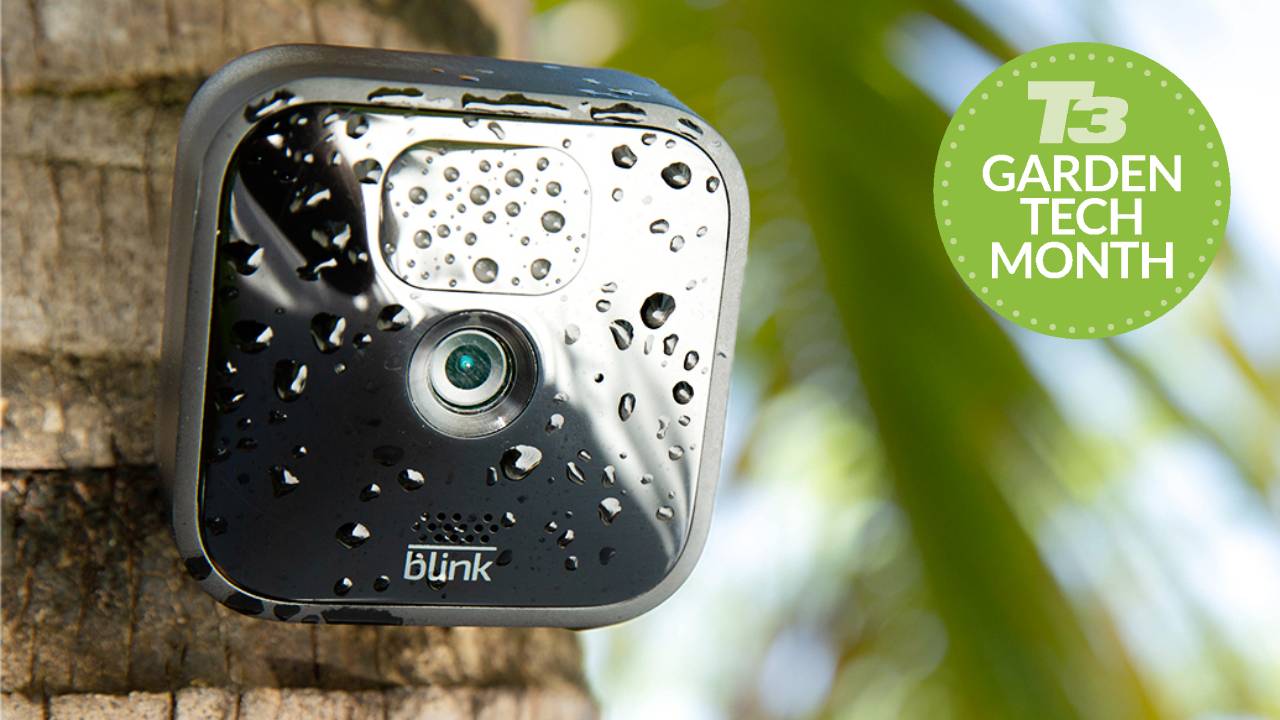 Why you should install a smart security camera in your back garden
Why you should install a smart security camera in your back garden5 ways to use a smart security camera in your garden
By Bethan Girdler-Maslen Published
-
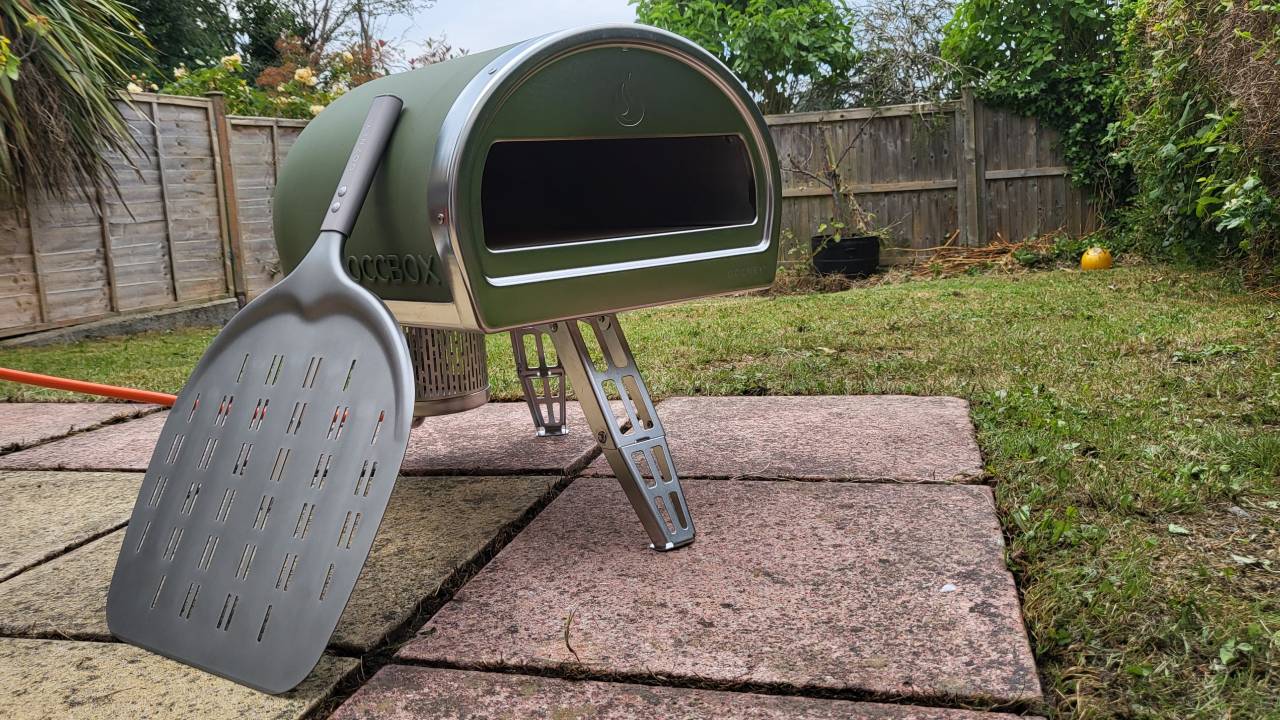 Gozney Roccbox review: perfect pizza making with a compact, clever design
Gozney Roccbox review: perfect pizza making with a compact, clever designI couldn't eat another thing, but if someone were to fire up the Roccbox again I might be convinced...
By Alex Cox Published